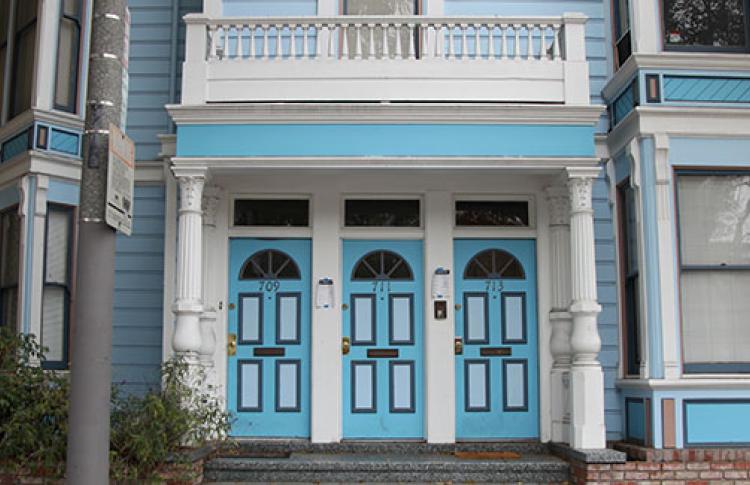
UC Merced’s Dr. Jessica Trounstine to Support Research Effort
ABAG is pleased to announce a new research initiative to help Bay Area planners meet the requirements of AB-686, new legislation to fight housing discrimination and to Affirmatively Further Fair Housing (AFFH).
The research initiative is part of the national Startup in Residence (STIR) program offered by City Innovate, a San Francisco-based nonprofit dedicated to improving efficiency and accountability in governments and their services. STIR bridges the gap between the private and public sectors, promoting partnerships to create technology solutions for government-defined issues, which ultimately benefits the public.
The research team, led by Professor Dr. Jessica Trounstine of the University of California, Merced, will work with ABAG staff over a 16-week residency period to assess and catalog available data that can be used to identify land use and housing policies that contribute to current patterns of racial segregation.
This data will be used as a tool in helping cities set the context for community conversations about land use and housing decisions that will lead to affirmatively further fair housing in local Housing Elements. The research will deliver data and analysis methodologies that will support local staff who must develop individual AFFH narratives for each jurisdiction to meet new state requirements. Some of this data will become part of the ABAG Housing Element Site Selection (HESS) tool, an online tool that will help local planners identify potential sites for housing that are likely to satisfy a variety of new state housing laws. The beta version of the HESS tool was presented at a recent webinar; additional tool updates are planned this spring.
With the recent launch of ABAG’s Housing Technical Assistance program, funded by the Regional Early Action Planning (REAP) grant, the research will be an important tool for ABAG staff to help cities and counties meet new requirements in the Housing Element, and further regional goals to create an affordable, equitable and diverse Bay Area.

